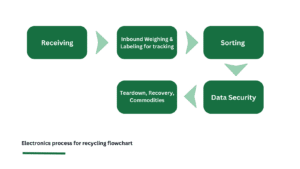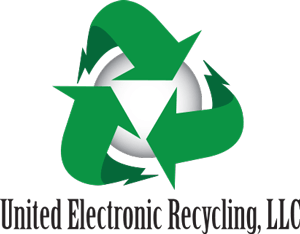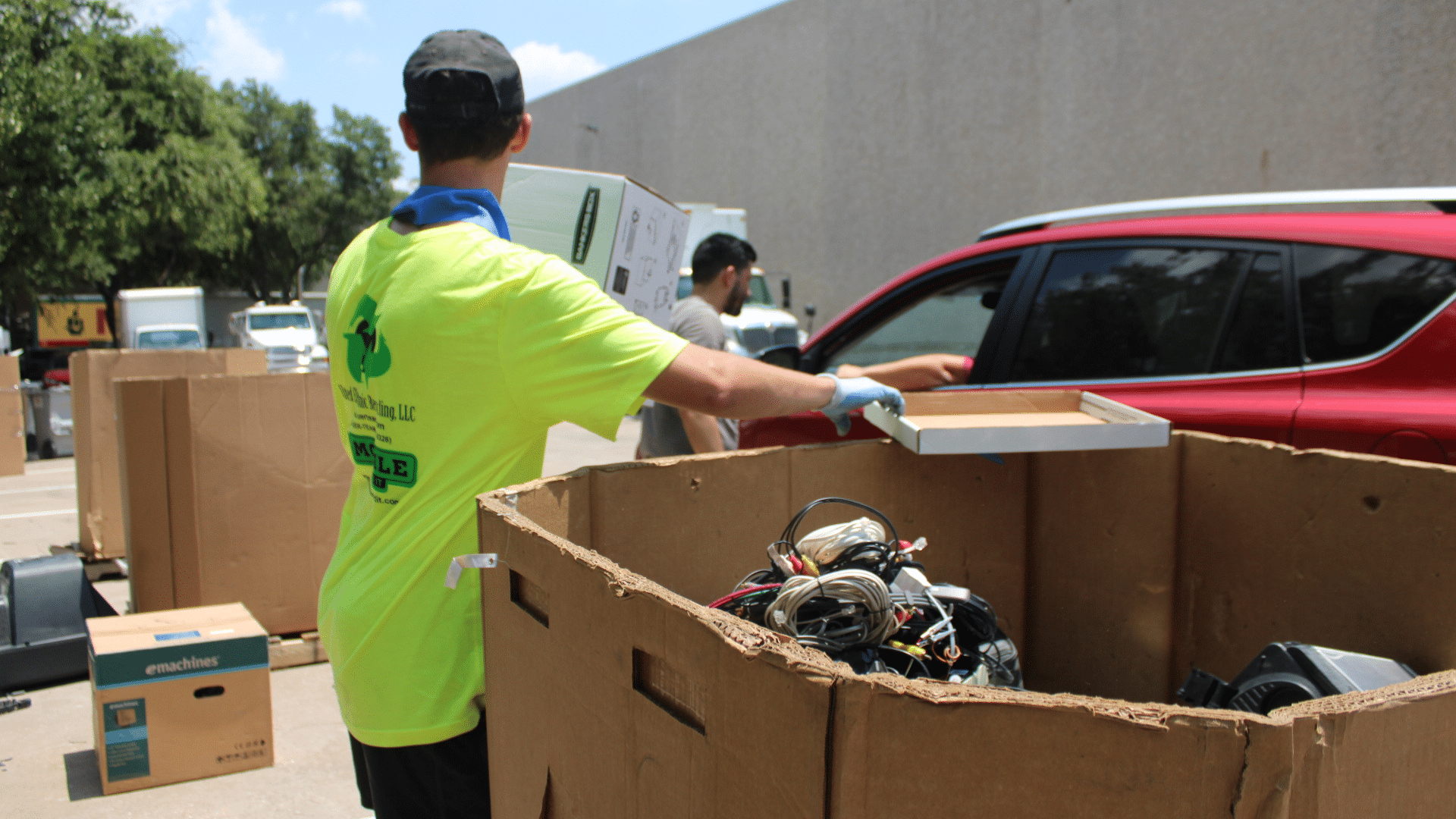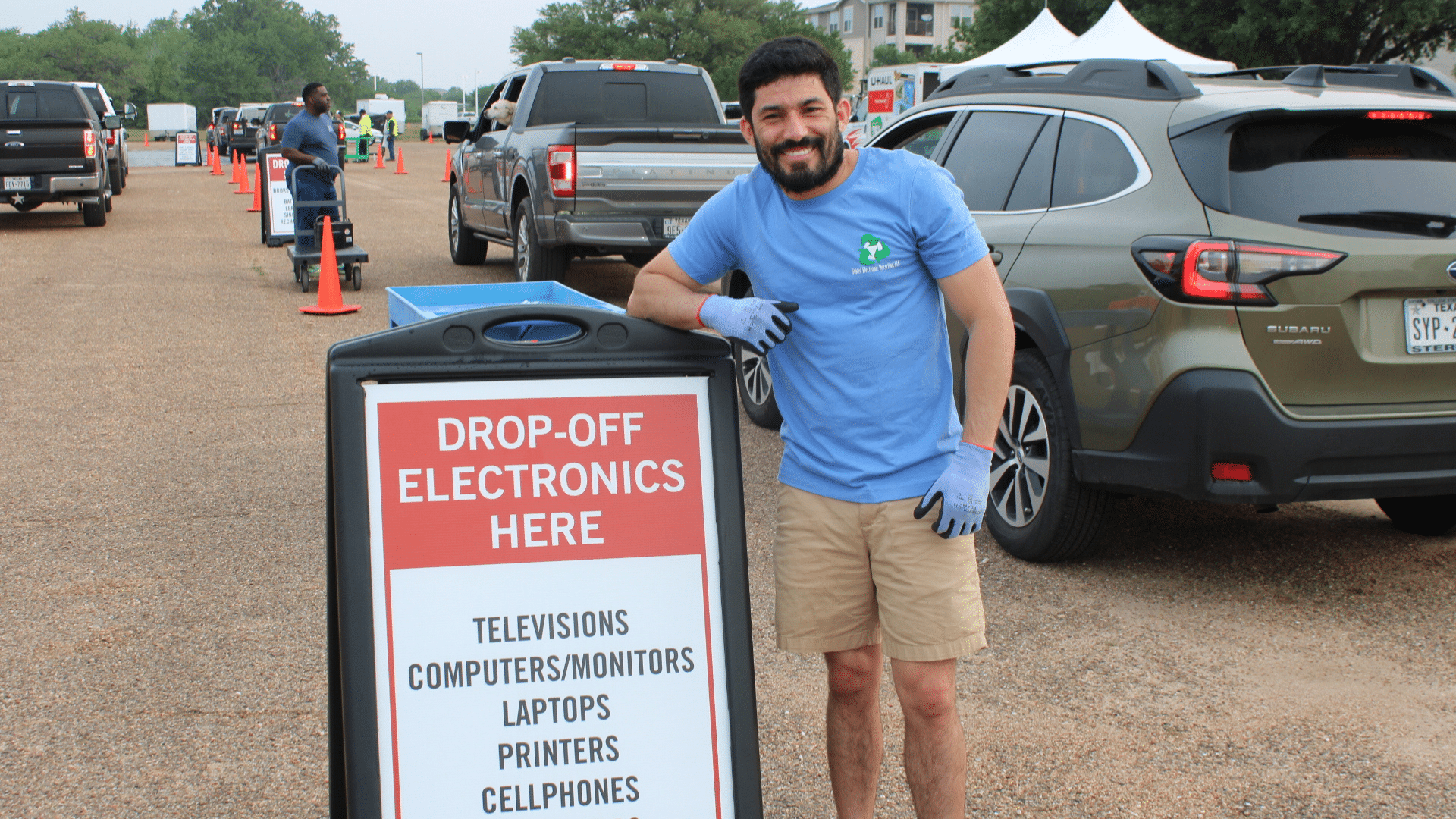Electronic Recycling 101
What is e-waste:
“E-waste,” “electronic waste,” “e-scrap,” and “end-of-life electronics” are terms often used to describe electronic items that have reached the end of their useful life. As a general rule, anything that plugs into an electrical outlet uses batteries or plugs into another piece of equipment is generally accepted as e-waste. The most commonly recycled items include but are not limited to:
- Old CRT tube televisions
- LCD & LED Monitors
- Laptops, desktops, and tablets
- VHS tapes
- Batteries
- Small kitchen appliances
The components of e-waste:
Electronics often contain harmful substances like lead, cadmium, mercury, chromium, and arsenic, and if these minerals get into the ground, they can cause harm to the environment and human life. The reusable components, on the other hand, include raw materials that can be reused later in the manufacturing process. For instance, according to EPA, one metric ton of circuit boards contains 800 times the amount of gold mined from one metric ton of ore.
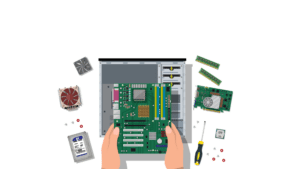
Why should electronics be recycled?
- Conserves natural resources: Recycling conserves natural resources such as timber, water, and minerals.
- Saves energy: Recycling reduces the need to extract, refine and process raw materials, all of which require substantial energy.
- Reduces pollution: Recycling helps to reduce the pollution caused by waste disposal.
- Generates employment: Recycling creates jobs in collecting, sorting, and processing recyclables.
- Data Security: Private data is managed correctly.
How is e-waste being handled in Texas?
- Texas law now requires television and computer-equipment manufacturers to offer recycling opportunities to consumers for these electronics.
- E-waste generated by a household is typically referred to as household hazardous waste (HHW). HHW is exempt from hazardous waste regulations.
- Texas municipalities offer different electronic recycling programs. For instance, the City of Plano partners with UER to host electronic recycling events every first, second, and third Saturday of the month.
Are there fees for recycling electronics?
Recyclers will price your service based on the value and volume of items collected, any applicable transportation costs, processing fees, disposal fees, and labor costs. Unless you have high-end or new equipment, there will more than likely be a fee for recycling. These fees cover your recycler processing your material correctly, and while they will vary between recyclers, a completely free service is rare.
How are electronics processed for recycling?
The process of recycling can vary depending on the electronics being recycled. Once the electronics are received or collected, the device will go through a series of procedures to be responsibly recycled. When you partner with the right electronic recyclers, they will make sure all of your data and assets on your old electronics are thoroughly wiped clean. From NIST-level wiping to physical destruction, your data will be gone. During the tear-down process the scrap metal from your electronics will be sorted and recycled. Commodities generated are also taken out of electronic devices and recycled.
